Inflammation is a vital part of the body’s immune response, but chronic inflammation can lead to various health issues. Fortunately, certain foods, known as superfoods, have properties that may help reduce inflammation. Including these foods in your diet can support overall well-being and health.
1. Manuka Honey
Renowned for its unique antibacterial properties, Manuka honey stands out as a superfood. It originates from New Zealand, where bees pollinate the native Manuka bush. This honey has been traditionally used to heal wounds and soothe sore throats. Rich in methylglyoxal, a compound responsible for its antibacterial power, Manuka honey also boasts anti-inflammatory effects.
Consuming it regularly in small amounts may reduce inflammation markers in the body. Its delightful taste makes it a palatable addition to teas or a drizzle over fruits. Incorporating Manuka honey can be both delicious and beneficial.
2. Hemp Seeds
Packed with nutritional benefits, hemp seeds are tiny powerhouses of health. They contain omega-3 and omega-6 fatty acids in an ideal 3:1 ratio, supporting a balanced inflammatory response. These seeds are also rich in gamma-linolenic acid (GLA), known for its anti-inflammatory properties.
Their nutty flavor and crunchy texture make them a versatile addition to various dishes, from smoothies to salads. Additionally, they offer a good source of protein and essential minerals. Embracing hemp seeds in your diet can enhance both flavor and health, making them a superb choice.
3. Cilantro
Often seen as a mere garnish, cilantro is much more than that. This aromatic herb is packed with antioxidants and anti-inflammatory compounds. It aids in detoxification by helping to remove heavy metals from the body, which can lead to reduced inflammation.
Cilantro’s unique flavor can elevate dishes, adding a refreshing, citrus-like taste. Incorporating cilantro into your meals, whether in salsas, salads, or as a topping, not only enhances flavor but also contributes to a healthier, inflammation-free lifestyle. Don’t underestimate this vibrant green addition.
4. Red Cabbage
Beyond its crunchy texture and vibrant color, red cabbage is a nutritional marvel. This cruciferous vegetable is rich in vitamins C and K, along with powerful antioxidants like anthocyanins. These compounds contribute to its anti-inflammatory properties, promoting overall health.
Red cabbage can be enjoyed raw in salads or fermented as sauerkraut, which adds probiotics to the mix. Its versatility and health benefits make it a staple in inflammation-reducing diets. Integrating red cabbage into your meals can be both delightful and beneficial, providing a colorful boost to your plate.
5. Pomegranates
With jewel-like seeds, pomegranates are more than just a pretty fruit. These seeds are packed with antioxidants, particularly punicalagins, which have been shown to reduce inflammation and oxidative stress. Drinking pomegranate juice or sprinkling the seeds over salads can provide a tangy, refreshing burst of flavor.
Additionally, pomegranates support heart health and may lower the risk of chronic diseases. By incorporating this vibrant fruit into your diet, you not only enjoy its unique taste but also benefit from its potent anti-inflammatory properties, making it a must-have superfood.
6. Dark Purple Grapes
Known for their sweet taste, dark purple grapes are also packed with health benefits. Rich in resveratrol, a powerful antioxidant, these grapes can help reduce inflammation and protect against heart disease. They also contain vitamins C and K, contributing to overall health and well-being.
Snacking on dark purple grapes or adding them to fruit salads can be a delightful way to enjoy their benefits. Their natural sweetness and juicy texture make them a favorite among many. Including these grapes in your diet can support an inflammation-free lifestyle while satisfying your sweet tooth.
7. Pineapple
Pineapple is not only a tropical delight but also a potent anti-inflammatory food. It contains bromelain, an enzyme known for its ability to reduce inflammation and aid digestion. Consuming pineapple can help alleviate symptoms associated with inflammatory conditions such as arthritis.
This juicy fruit can be enjoyed fresh, juiced, or grilled, adding a sweet and tangy flavor to various dishes. Its vibrant taste and health benefits make pineapple a versatile and invaluable addition to any diet focused on reducing inflammation. Relish in its tropical goodness while supporting better health.
8. Mushrooms
Certain mushroom varieties, like shiitake and maitake, are celebrated for their anti-inflammatory properties. They contain bioactive compounds such as polysaccharides and antioxidants that help reduce inflammation in the body. Mushrooms are a great source of vitamin D and selenium, which support immune function.
Their earthy flavor adds depth to soups, stir-fries, and salads, providing both taste and nutritional benefits. Regular consumption of mushrooms can contribute to an inflammation-free lifestyle. Experimenting with different types of mushrooms in your cooking not only enhances the flavor but also promotes overall health and well-being.
9. Beets
Known for their vibrant color, beets are also a powerhouse of nutrients. They are rich in betalains, compounds with anti-inflammatory and antioxidant effects that can significantly reduce inflammation in the body. Beets also provide dietary fiber, essential for digestive health.
Whether roasted, juiced, or added to salads, they offer a sweet, earthy flavor that enhances various dishes. Including them in your diet can not only boost the flavor of your meals but also support overall well-being. Their unique taste and health benefits make them an excellent choice for those aiming to reduce inflammation naturally.
10. Seaweed
Rich in iodine, antioxidants, and anti-inflammatory compounds, seaweed is a nutritional treasure from the ocean. Varieties like nori, wakame, and kombu are known for their ability to help reduce inflammation and support thyroid health.
These marine plants can be easily incorporated into soups, salads, and snacks, bringing an umami flavor that enhances dishes. Including seaweed in your diet offers a wealth of essential nutrients while helping to reduce inflammation. Exploring different seaweed types adds exciting flavors and textures to your meals, making them both healthful and enjoyable.
11. Avocado
Rich in healthy fats, particularly monounsaturated fats, avocados are a nutrient-dense superfood that help reduce inflammation and support heart health. They are also packed with antioxidants and vitamins C and E, which play a role in combating inflammation.
Whether added to salads, blended into smoothies, or used as a spread, avocados provide a rich, buttery texture and flavor. Their versatility and health benefits make them an excellent choice for those looking to reduce inflammation. Incorporating avocados into your meals offers both a delicious and nourishing option.
12. Tart Cherries
Tart cherries, particularly in juice form, have gained attention for their anti-inflammatory benefits. They are rich in anthocyanins, compounds that help reduce inflammation and alleviate pain. Studies have shown that tart cherry juice can be effective in reducing symptoms of arthritis and muscle soreness.
Enjoying tart cherries fresh or as a juice can be a flavorful way to incorporate these benefits into your diet. Their tangy taste and health-promoting properties make them an excellent choice for those seeking natural ways to reduce inflammation and support recovery.
13. Green Tea
Renowned for its numerous health benefits, green tea contains epigallocatechin gallate (EGCG), a powerful antioxidant known for its anti-inflammatory effects. Drinking it regularly can help reduce inflammation and support overall health. The mild flavor and soothing aroma of green tea make it a refreshing beverage choice, whether enjoyed hot or cold.
Incorporating this ancient drink into your daily routine provides a simple and effective way to reap its anti-inflammatory benefits. Embracing green tea can enhance both wellness and enjoyment, making it a delightful addition to your lifestyle.
14. Dark Chocolate
Especially varieties with high cocoa content, dark chocolate is more than just a treat; it’s a health booster. Rich in flavonoids, it has been shown to reduce inflammation and improve heart health. Consuming it in moderation can also elevate mood and provide antioxidants.
Its rich, intense flavor makes it a satisfying snack or dessert option. By choosing dark chocolate with at least 70% cocoa, you can enjoy both taste and health benefits. Indulging in a piece of dark chocolate can be a delightful way to support an inflammation-free lifestyle.
15. Ginger
Renowned for its distinctive flavor and aroma, ginger has been used for centuries to treat various ailments. It contains gingerols and shogaols, compounds with potent anti-inflammatory properties. Adding it to your diet can help reduce inflammation and alleviate digestive issues.
It can be used fresh, powdered, or as a tea, offering a warm, spicy kick to dishes. Incorporating ginger into your meals can enhance flavor while providing health benefits. Its versatility and effectiveness make it a must-have for those seeking natural ways to combat inflammation and promote wellness.
16. Whole Grains
Whole grains, such as quinoa, oats, and brown rice, are foundational to a healthy diet. They are rich in fiber, antioxidants, and phytonutrients that help reduce inflammation. Unlike refined grains, whole grains retain their nutrient-dense bran and germ, providing more health benefits.
Consuming whole grains can support digestive health and reduce the risk of chronic diseases. Their nutty flavor and hearty texture make them a satisfying addition to meals. By choosing whole grains, you can enjoy a delicious way to support an inflammation-free diet while boosting overall wellness.
17. Nuts and Seeds
Almonds, walnuts, flaxseeds, and other similar options are packed with nutrients essential for health. Rich in healthy fats, particularly omega-3 fatty acids, they help reduce inflammation. These snacks also provide antioxidants, fiber, and protein, contributing to overall well-being.
Snacking on them or adding them to dishes can enhance both flavor and nutrition. Their crunchy texture and diverse flavors make them a versatile addition to any diet. Embracing these nutrient-rich options can support an inflammation-free lifestyle while offering a satisfying, healthy snack.
18. Olive Oil
Extra virgin olive oil, a cornerstone of Mediterranean diets, is celebrated for its numerous health benefits. It contains oleocanthal, a compound with anti-inflammatory properties comparable to ibuprofen. Including it in your daily meals can help reduce inflammation and support heart health. Its rich, fruity flavor enhances salads, pasta, and other dishes, making it a versatile ingredient.
Opting for high-quality olive oil ensures maximum taste and nutritional value. Using olive oil as your primary cooking fat allows you to enjoy both delicious meals and significant health benefits, making it a key component in an inflammation-reducing diet.
19. Tomatoes
With their juicy sweetness, tomatoes are a versatile ingredient that enhances many dishes. Rich in lycopene, an antioxidant known for its strong anti-inflammatory properties, tomatoes support heart health and may reduce the risk of chronic diseases.
Cooking tomatoes, such as in sauces, helps release more lycopene, boosting their health benefits. Whether raw or cooked, tomatoes add vibrant flavor and nutritional value to your meals. By incorporating tomatoes into your diet, you can enjoy both their delicious taste and the benefits they bring to reducing inflammation, promoting wellness, and enhancing overall health.
20. Fatty Fish
Fatty fish, including salmon, mackerel, and sardines, are excellent sources of omega-3 fatty acids. These healthy fats are known for their anti-inflammatory properties, supporting heart and brain health. Regular consumption of fatty fish can help reduce inflammation and lower the risk of chronic diseases.
Their rich flavor and tender texture make them a favorite in various culinary dishes. Cooking fatty fish with herbs and spices can enhance their taste while providing health benefits. Embracing fatty fish in your diet can promote an inflammation-free lifestyle and overall well-being.
21. Garlic
A culinary staple, garlic is known for its numerous health benefits. Rich in allicin, a compound with powerful anti-inflammatory and antioxidant effects, garlic can help reduce inflammation and support heart health. Its pungent flavor enhances a wide range of dishes, offering both taste and wellness benefits.
Whether used raw or cooked, garlic is a simple yet effective way to boost the flavor of meals while promoting a healthier lifestyle. Incorporating garlic into your diet can support an inflammation-free lifestyle, contributing to overall well-being. Its versatility makes it an essential ingredient in any kitchen.
22. Leafy Greens
Spinach, kale, and Swiss chard are packed with essential vitamins, minerals, and antioxidants that promote overall health and reduce inflammation. These nutrient-rich greens provide iron, calcium, and vitamins A, C, and K, contributing to a balanced diet.
Their mild flavor and tender texture make them a versatile addition to salads, smoothies, and sautés. Incorporating them into your meals allows you to enjoy both delicious flavors and significant health benefits. Embracing these greens can support an inflammation-free lifestyle and enhance overall wellness.
23. Turmeric
Known for its vibrant color, this spice offers remarkable health benefits. It contains curcumin, a compound with potent anti-inflammatory and antioxidant effects. Adding it to your diet can help reduce inflammation and support overall health. Its warm, earthy flavor complements a wide range of dishes, from curries to soups.
The versatility and health-promoting properties make it a valuable addition to any anti-inflammatory diet. Incorporating this spice into your meals can enhance both flavor and wellness, making it an essential ingredient for those seeking natural remedies.
24. Berries
Berries, such as strawberries, blueberries, and raspberries, are packed with antioxidants and nutrients. They contain anthocyanins, compounds known for their anti-inflammatory properties. Consuming berries regularly can help reduce inflammation and support heart health.
Their sweet, juicy flavor makes them a delightful addition to various dishes, from smoothies to desserts. By incorporating berries into your diet, you can enjoy both taste and health benefits. Their vibrant colors and health-promoting properties make berries a favorite superfood for those seeking to reduce inflammation naturally.
25. Oranges
With their refreshing citrus taste, these fruits are a rich source of vitamin C and antioxidants. These compounds help reduce inflammation and boost the immune system. Drinking orange juice or enjoying the fruit fresh provides a burst of flavor and health benefits. Additionally, oranges support heart health and may reduce the risk of chronic diseases.
Their juicy, sweet taste makes them a favorite snack or breakfast option. Including them in your diet can be both delicious and beneficial, supporting an inflammation-free lifestyle while satisfying your citrus cravings.
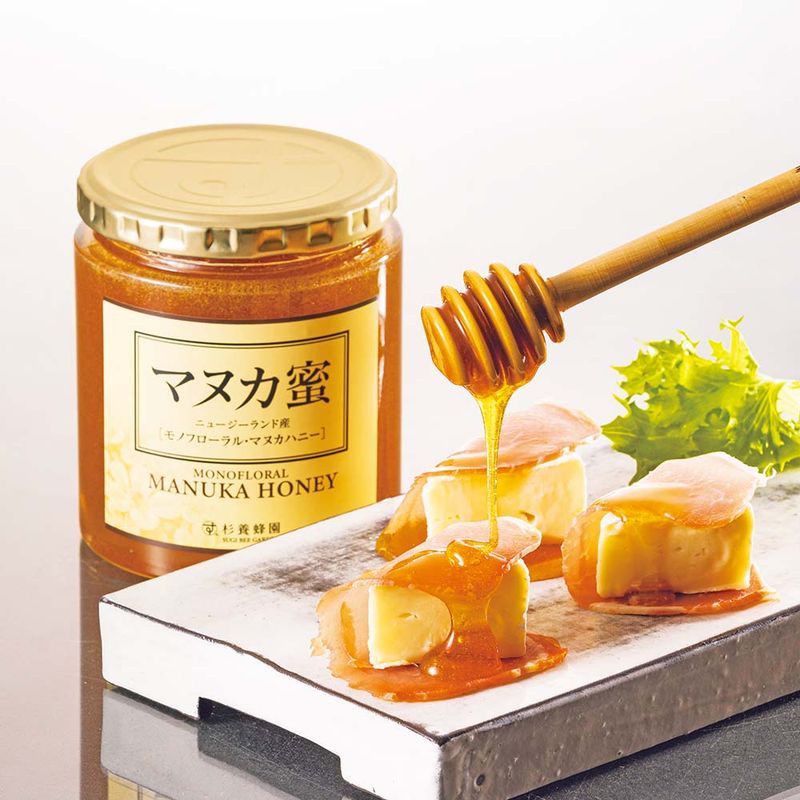
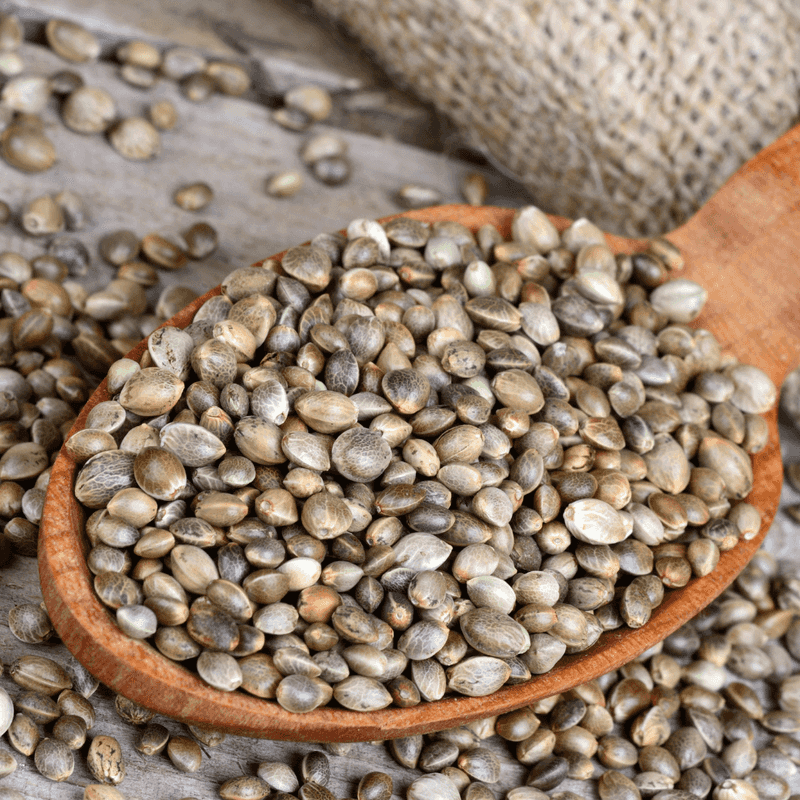
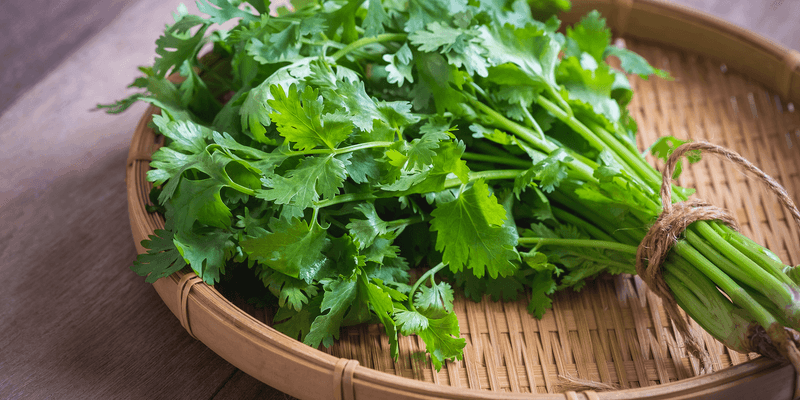
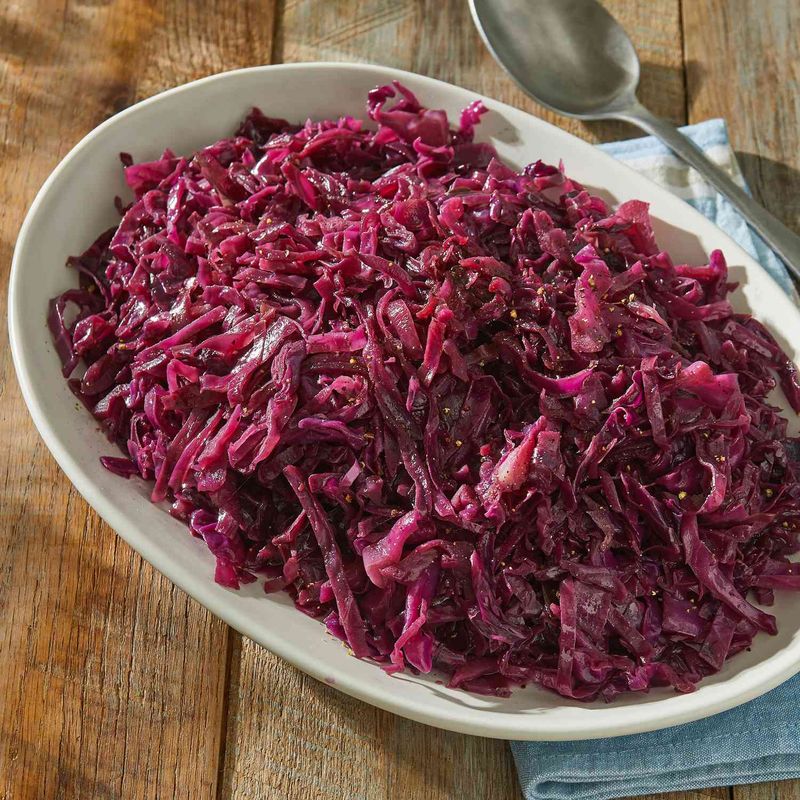
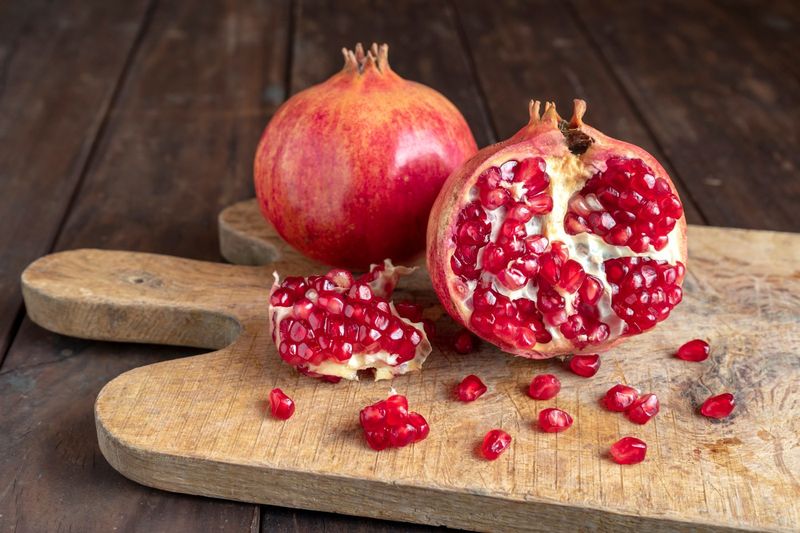

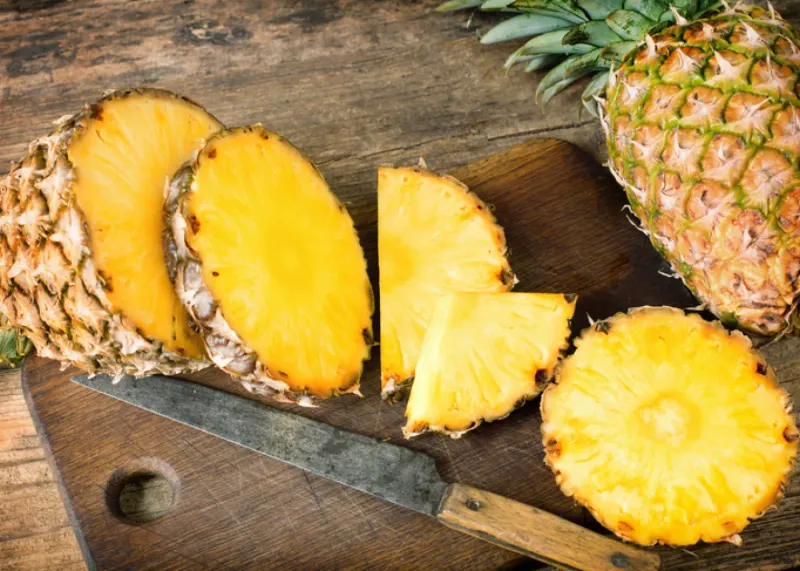
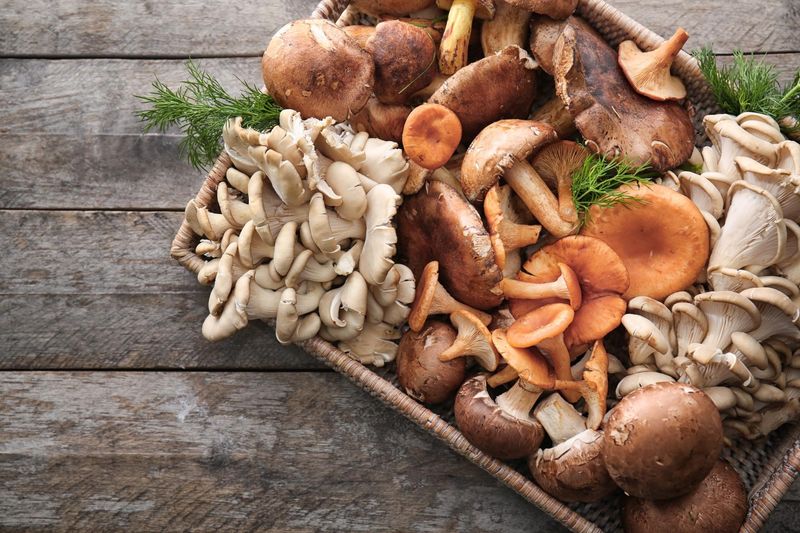
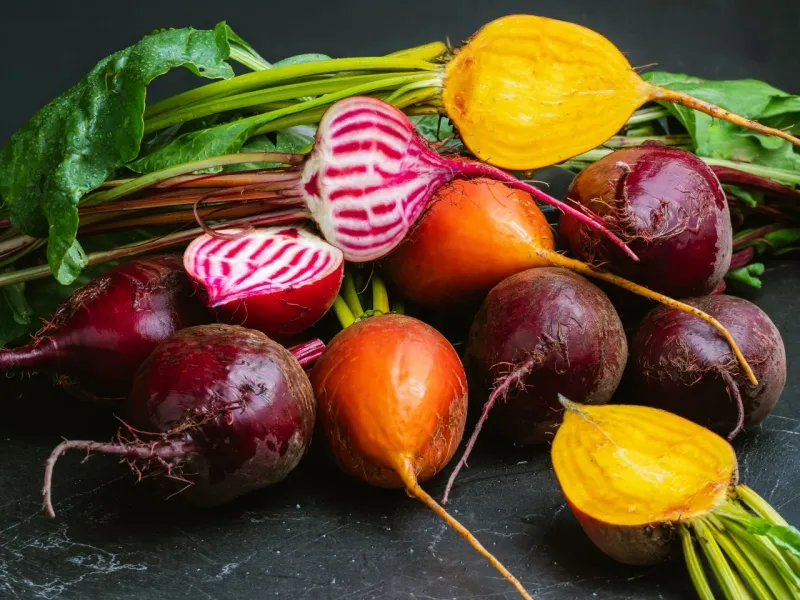
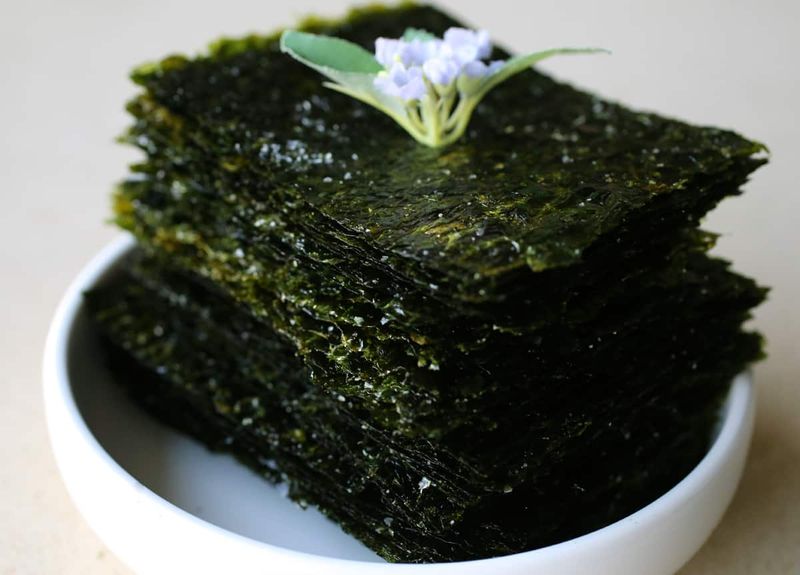
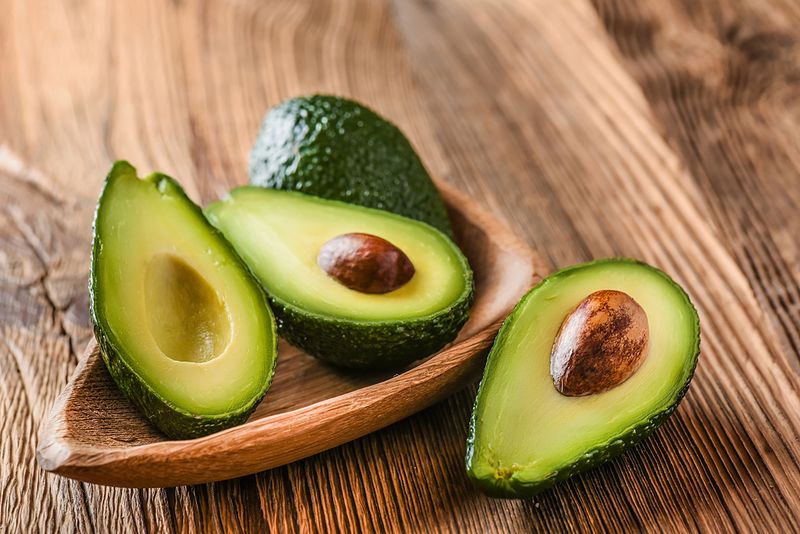
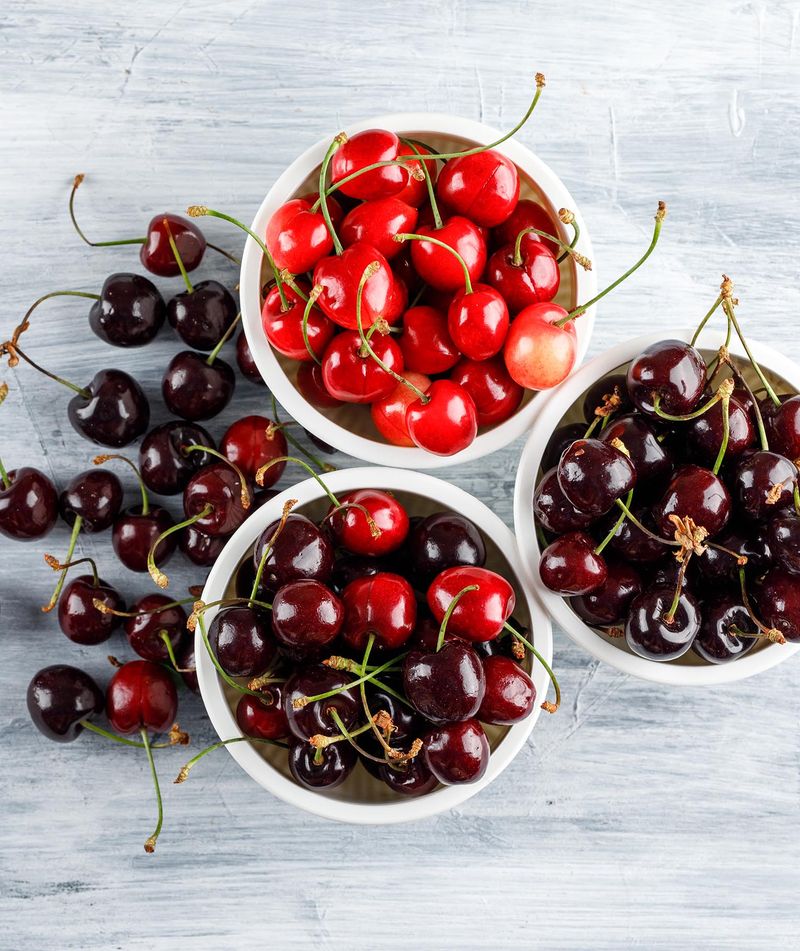
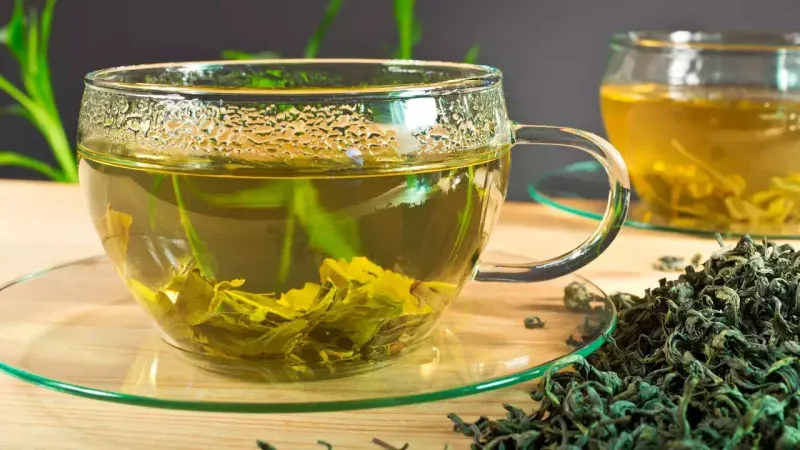

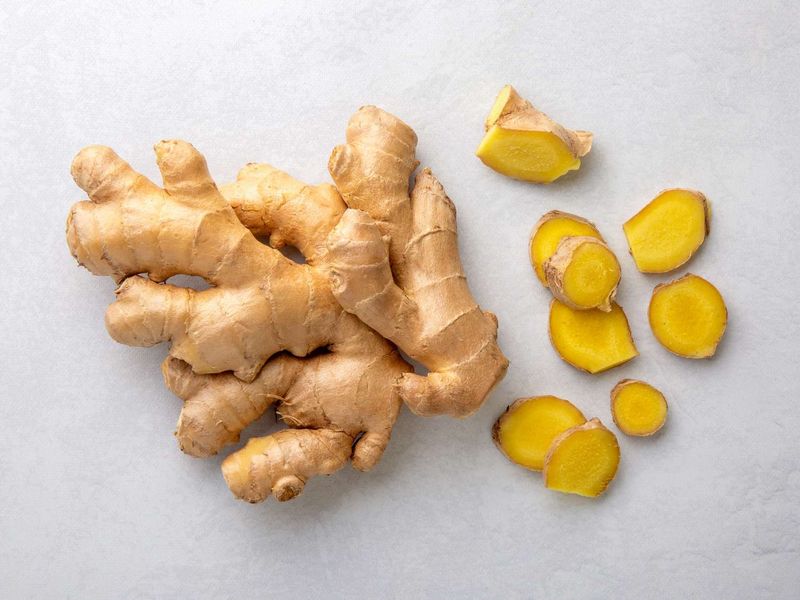
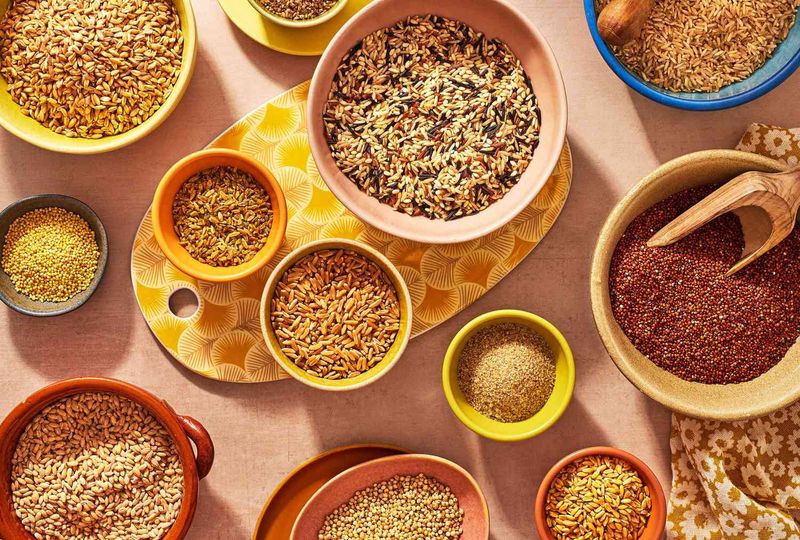
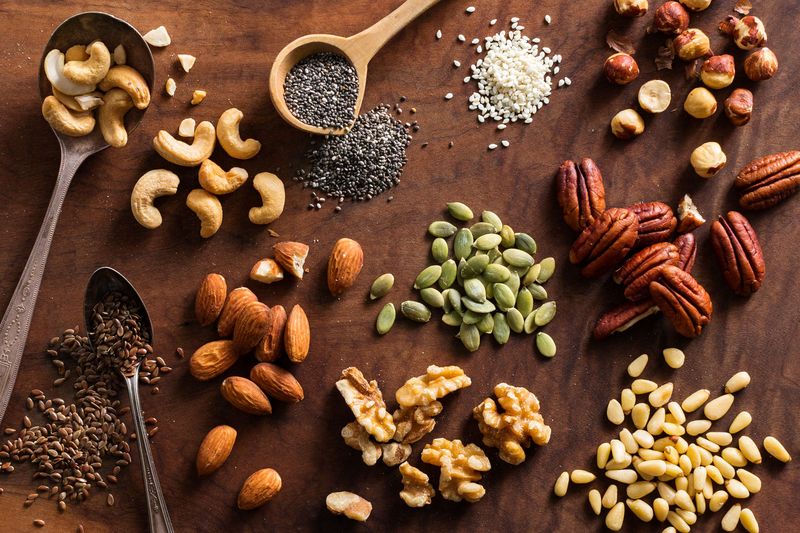
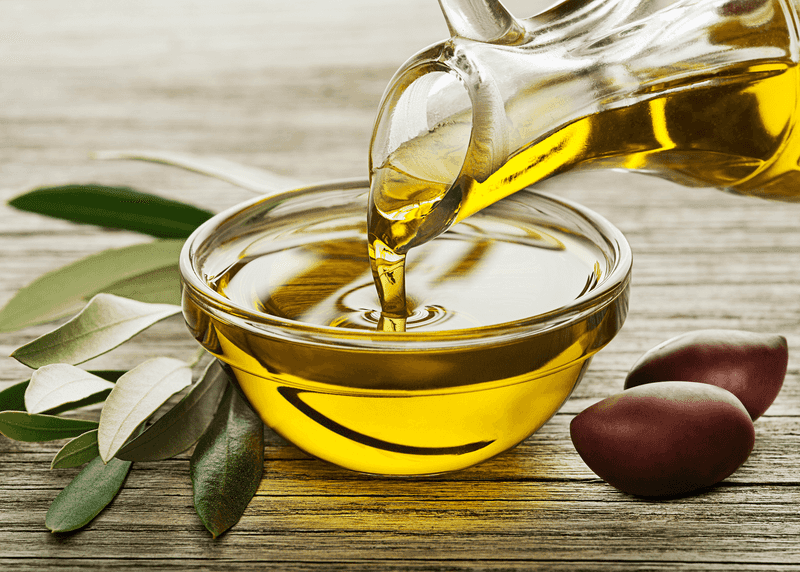
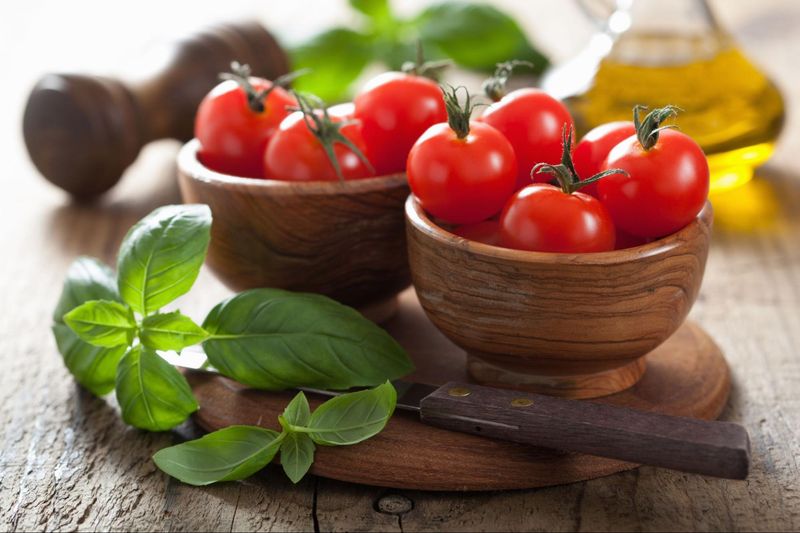
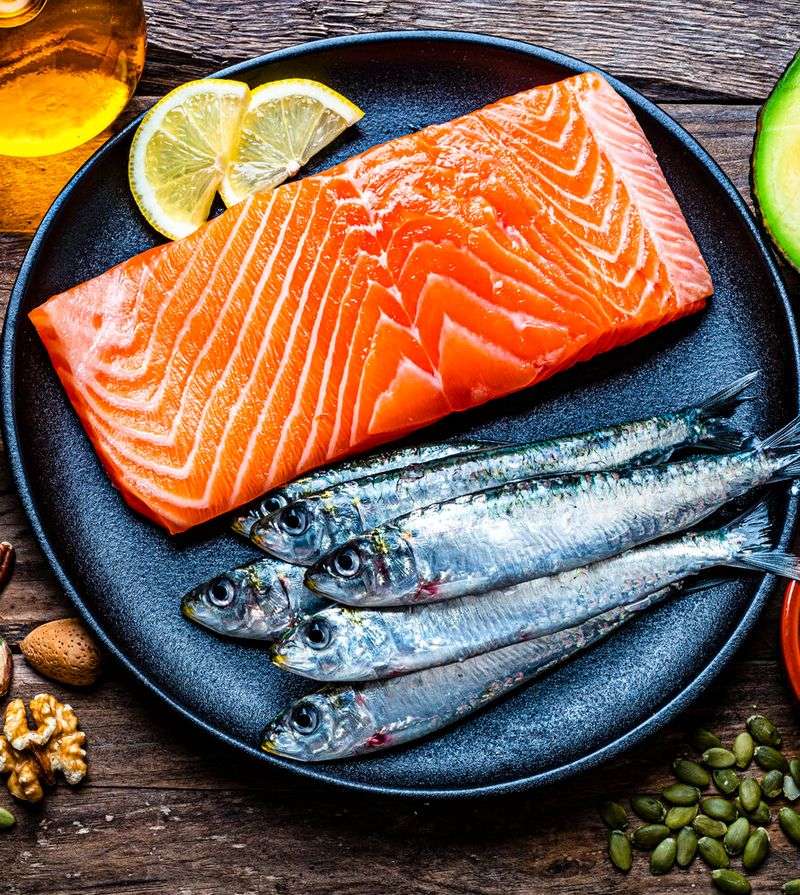
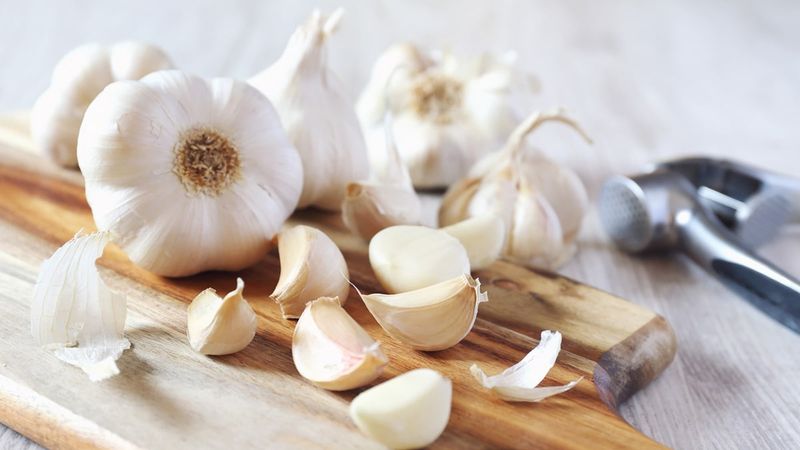
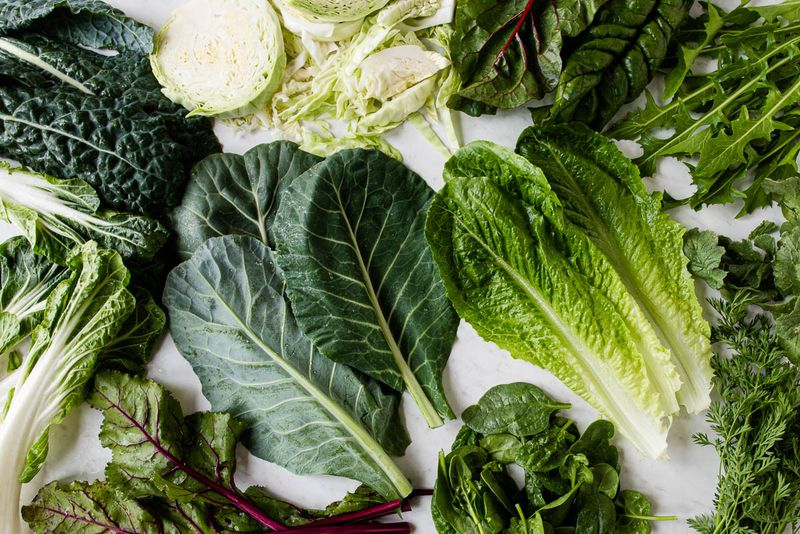
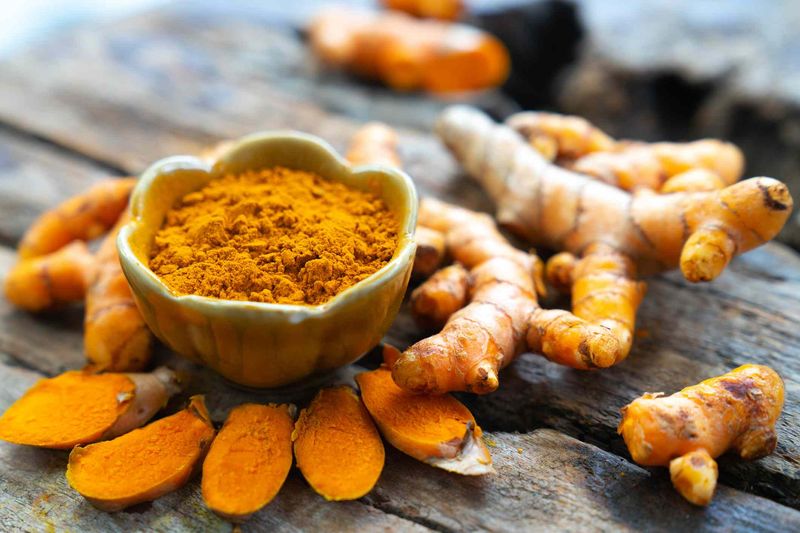
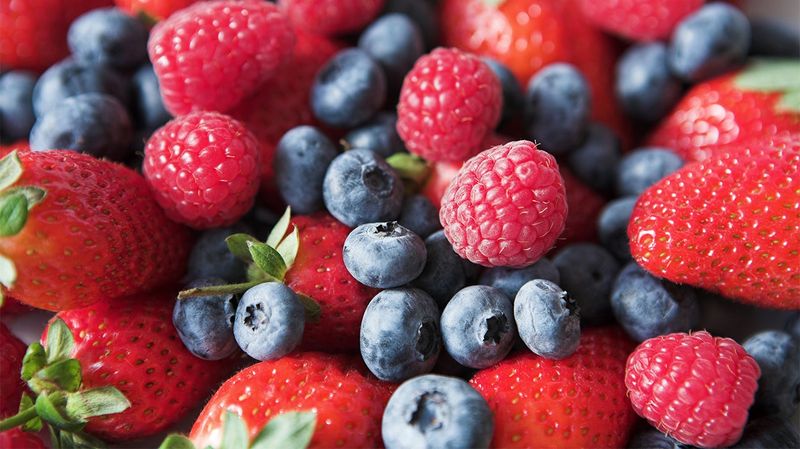

Leave a comment